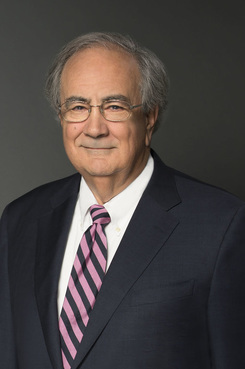The answer to the question posed in the title to this article may seem devious to you. After all, the answer must be “no” if we want anyone to serve on a corporate board of directors. Yet this question continues to pop up as discussed in the recent decision of the Delaware Court of Chancery in Marchand v. Barnhill, C.A. No. 2017-0586-JRS (Sept. 27, 2018).
The Marchand decision is primarily known because it is the first case to invoke a “super power” director with five votes while the other directors have just one vote each. The court held that in considering if a demand on the board to pursue litigation was excused because a majority of the board was sufficiently disinterested that those five votes counted toward a disinterested majority of the board. But Marchand is more important than that probably unique holding. Here is why.


 Edward McNally
Edward McNally




